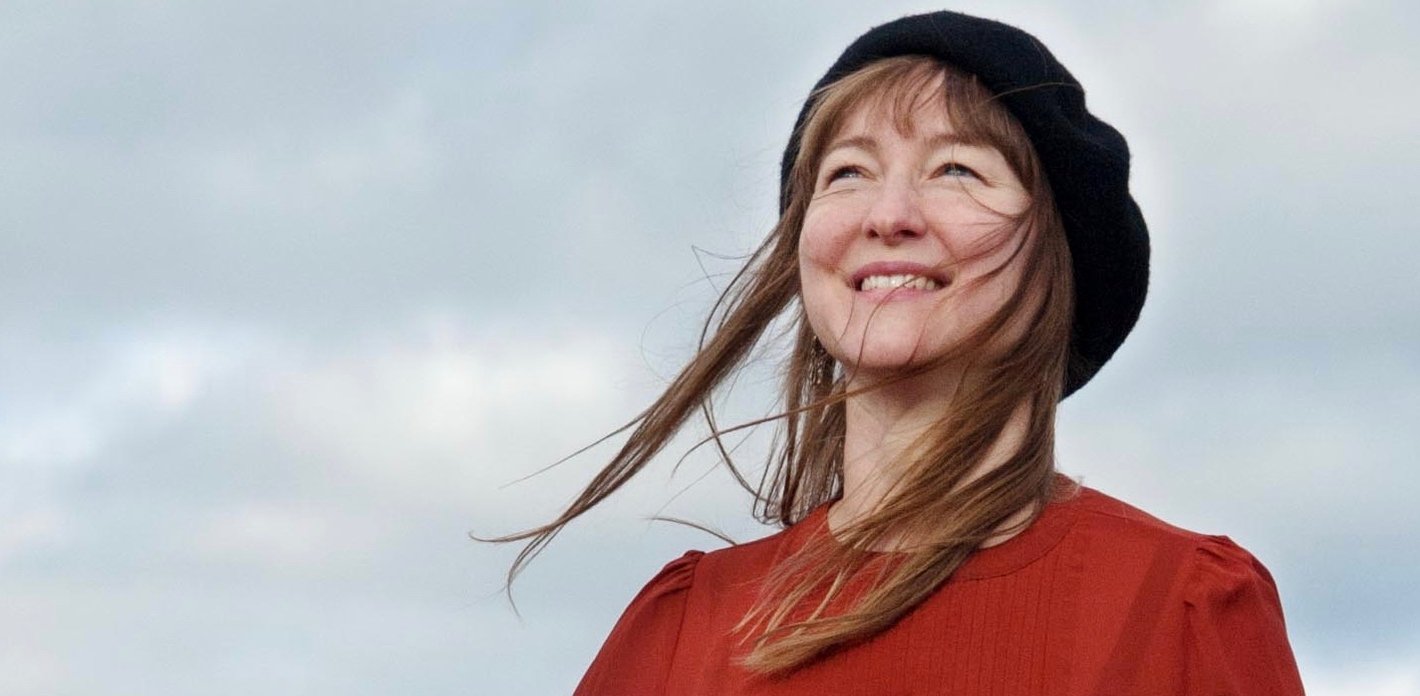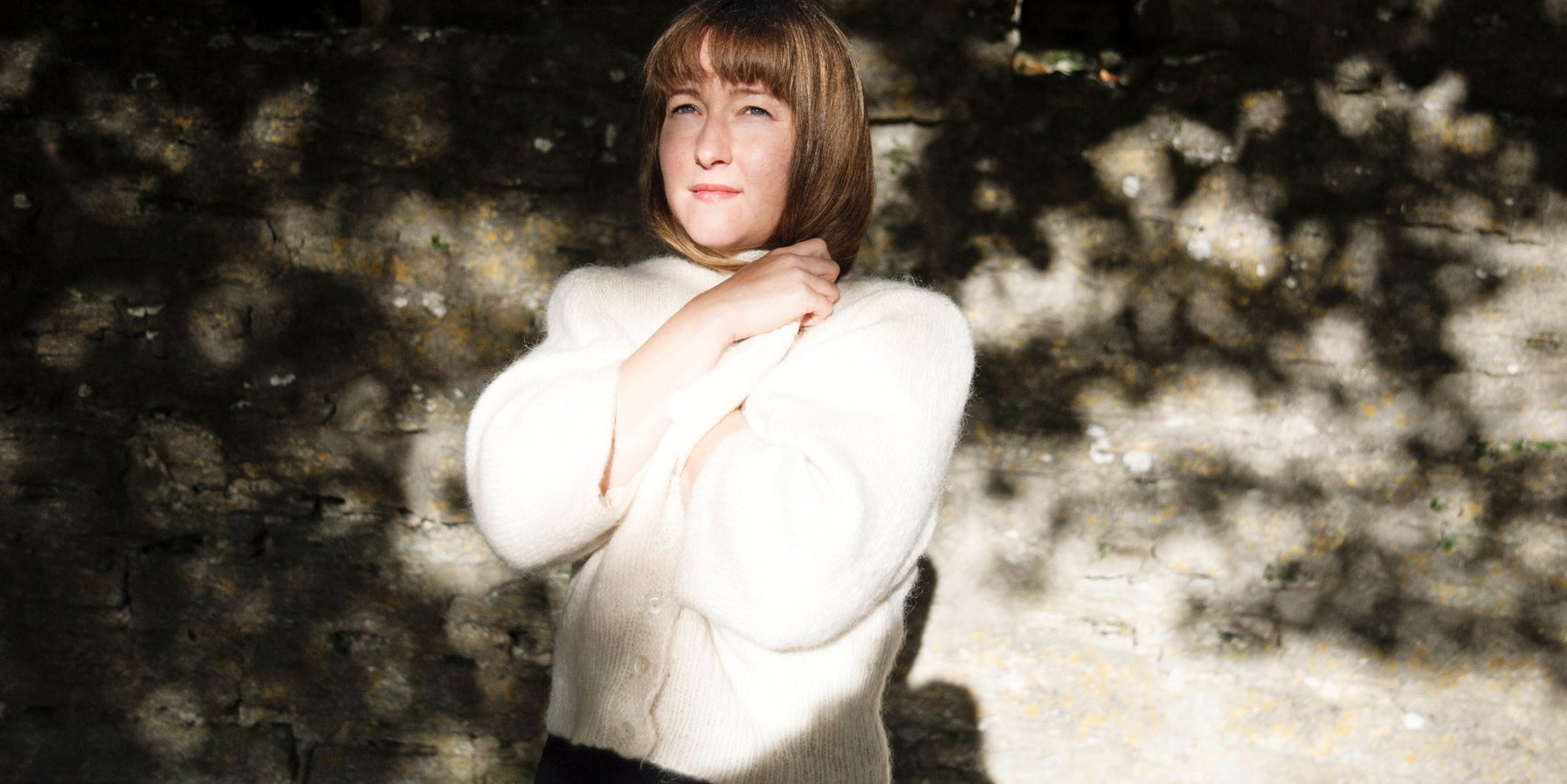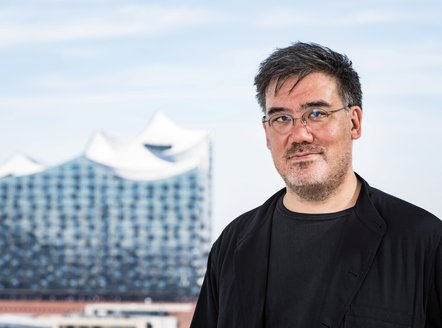When it comes to classical composers, most people think of old masters such as Beethoven and Mozart. But the »Elbphilharmonie Visions« festival demonstrates that contemporary music can also be »just as rich and diverse as humanity itself« (Alan Gilbert). The festival’s programme features only music by contemporary composers. Not only is that musically very exciting, it also offers an amazing opportunity to ask the composers questions about their works and the process of creating them. How do you go about composing? Do you have a concrete idea of the work before you sit down to write it, or does it emerge only when you start? What role do your surroundings play? And what are your hopes for your music?
The Festival composers talk about this in short interviews. In this case with Swedish composer Lisa Streich, whose work »Flügel« is being given its first performance at the Festival. She wrote it to a commission from the Claussen-Simon Foundation of Hamburg, which is awarding her its own composition prize at the Festival.
Do you already have a strong vision of a work before you set about writing it?
It is quite distinct in at first but it works as a starting point and is the beginning of a path that leads to something else in dialogue with the music.
What role do non-musical factors play in your work?
The extra musical sphere is very important for me but the beauty of music is that my interpretation is not the interpretation of somebody else. Music is abstract and everybody can fill it with their very own content. I believe in a concert hall, where we hear a piece of music, there are hundreds of different interpretations (extra musical sphere) of a piece of music in the listeners, simultaneously triggered by one source. A moment of extreme intimacy in a room of plurality and anonymity. The beauty of a concert situation I believe.
At the »Elbphilharmonie Visions« festival, contemporary orchestral music plays a more prominent role than probably at any other concert hall in the world: 18 works by 18 composers are being performed on nine evenings. Do you think that's a good idea, or is it the wrong strategy?
I believe it is an effective way to in a compromised time get a small overview of how different new music can be, depending on geographical background, social background, personal experiences, education…
It shouldn’t substitute a regular exposure of new music though. Me personally I prefer to travel in time between composers of different periods to experience a historical background. But also in a concert of only new music we travel in time and space. Just on a smaller scale.
What does contemporary music need to win the public's favour?
Exposure of new music on a regular basis in all ages, authenticity and wonderful musicians who add their personal interpretation of a work like in a classical piece of music. But, not everybody has to love new music. There is a value in strong reactions in whatever directions they may lead. Love can be sweet and love can be cruel.
What improvements to concerts would you like to see – today and in the near future?
My utopian dream would be that concerts are free for everybody to attend. Treated like a basic need. A more realistic dream would be if everybody with no regards to social background can on a regular basis visit live concerts to experience the very personal, magnificent and out of this world gifts music can give. I deeply believe that music can trigger new ideas in everybody on all kind of levels and that’s what’s crucial.
Am Puls der Zeit
Mit dem Newsletter »cutting edge« über alle Konzerte mit zukunftsweisender Musik in der Elbphilharmonie auf dem Laufenden bleiben.
The music of Lisa Streich at »Elbphilharmonie Visions«
- Elbphilharmonie Großer Saal
Lisa Streich / Brett Dean – Elbphilharmonie Visions
Past Concert





